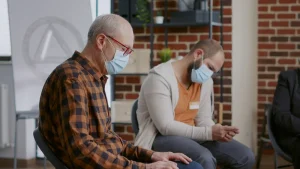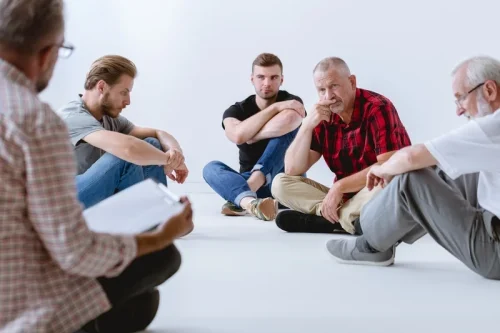
Volunteering for a worthwhile cause or supporting a charity can be a valuable way to make amends. Direct amends refers to going directly to the wronged individual, apologizing and taking whatever action is necessary to correct a situation. If an individual damaged someone else’s home while they were under the influence of drugs or alcohol, direct amends may require that they go to the living amends property owner, apologize and repair damages. Those in recovery are encouraged to make direct amends whenever possible. The harmed individual may still harbor resentment or distrust even after making amends. Rebuilding trust takes time and patience, and the person in recovery must be prepared to demonstrate their commitment to change through their ongoing actions and behavior.
- Addiction is often isolating, which can make quitting difficult.
- The spiritual purpose of making amends is to find inner peace, freedom, release, and rebirth.
- But to rectify this damage, we can’t maintain the same “me first” attitude that many of the other steps require.
- Just like each person needs an individualized approach to alcohol addiction treatment, your approach to making amends in AA may look completely different from someone else’s.
The Science of Step 9 AA: How Making Amends Can Help
Making amends in recovery is challenging, and individuals in recovery may encounter various obstacles. If you have devoted the necessary time and energy to the first 8 steps, you should have a solid foundation from which to approach making amends in Step 9. Your relationship with a higher power—no matter how you define it—can help you to remain open and willing, https://ecosoberhouse.com/ even as you acknowledge hard truths about pain you have caused to others. We believe everyone deserves access to accurate, unbiased information about mental health and addiction. That’s why we have a comprehensive set of treatment providers and don’t charge for inclusion. We do not and have never accepted fees for referring someone to a particular center.
Trust God. Clean House. Help Others.Living Amends
We will honor the emotional consequences that stem from our behaviors, and seek to become healthier so as not to repeat them. We may be in recovery, but our family members may not be able to trust that it’s permanent or sincere. It took time for us to emerge from our chrysalis fully committed to recovery, and the people around us are entitled to go through the process without being rushed.
Restoring Relationships: The Transformative Power of Making Amends in Recovery

Apologizing to loved ones can be a challenging and emotional process. At Harmony Haus, we offer the guidance and support members need to navigate this stage in their recovery. Through our various sober living programs and services, our members gain the tools to reflect on their past and communicate more effectively. However, making an effort to repair relationships will benefit you and your loved ones in the long run.

Tragic events happen every day, and in ways we least expect. Many individuals know that they need to apologize to someone they love but fail to do so out of pride or ego. As a result, the opportunity is lost to make things right if that person dies before they can apologize.
- The AA Big Book emphasizes the importance of being willing to make amends for the harm we have caused, while also avoiding causing further harm in the process.
- One of the most common reasons people want to make living amends is to correct past wrongs.
- And some people in your life may not be receptive on your timeline.
- We wrote an article about the difference between guilt and regret.
- This involves considering a sustained period of sobriety and the readiness of both parties to engage with one another, at least for this purpose.
- Individualized detox and residential care for addiction and co-occurring conditions using experiential healing activities like dolphin therapy on beautiful Kona.
Be generous with your time.
How Soon Do I Start to Make Amends Once I Am Sober?
Don’t settle for an apology.
- Some of these same things can happen to the other person in the process.
- How you start these conversations depends on your relationship with the person you harmed and the circumstances in which you plan to make direct amends.
- Making direct amends means actively confronting your behavior with the person who you harmed.
- Completing Step 9 is the next step forward in recovery, regardless of how the other person responds.
- It’s also important to take great care when making amends to someone who is in active addiction because our primary responsibility is to safeguard our own health and recovery from substance abuse.
